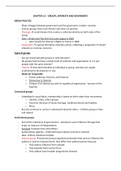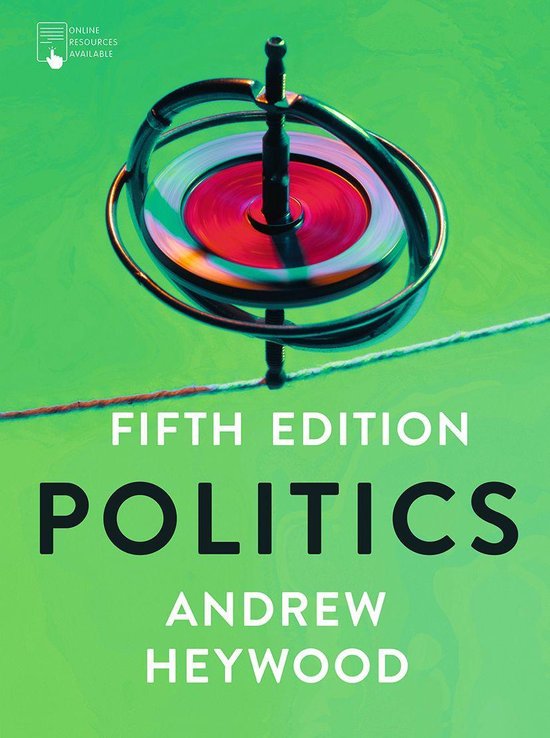Summary
Heywood - Politics, summary chapter 12
- Course
- Institution
- Book
A detailed, in-depth summary of chapter 12 of the book Politics by Andrew Heywood. The summary includes all terms and definitions and is sufficient scope for the exam. This book is often used for first-year political science courses.
[Show more]




